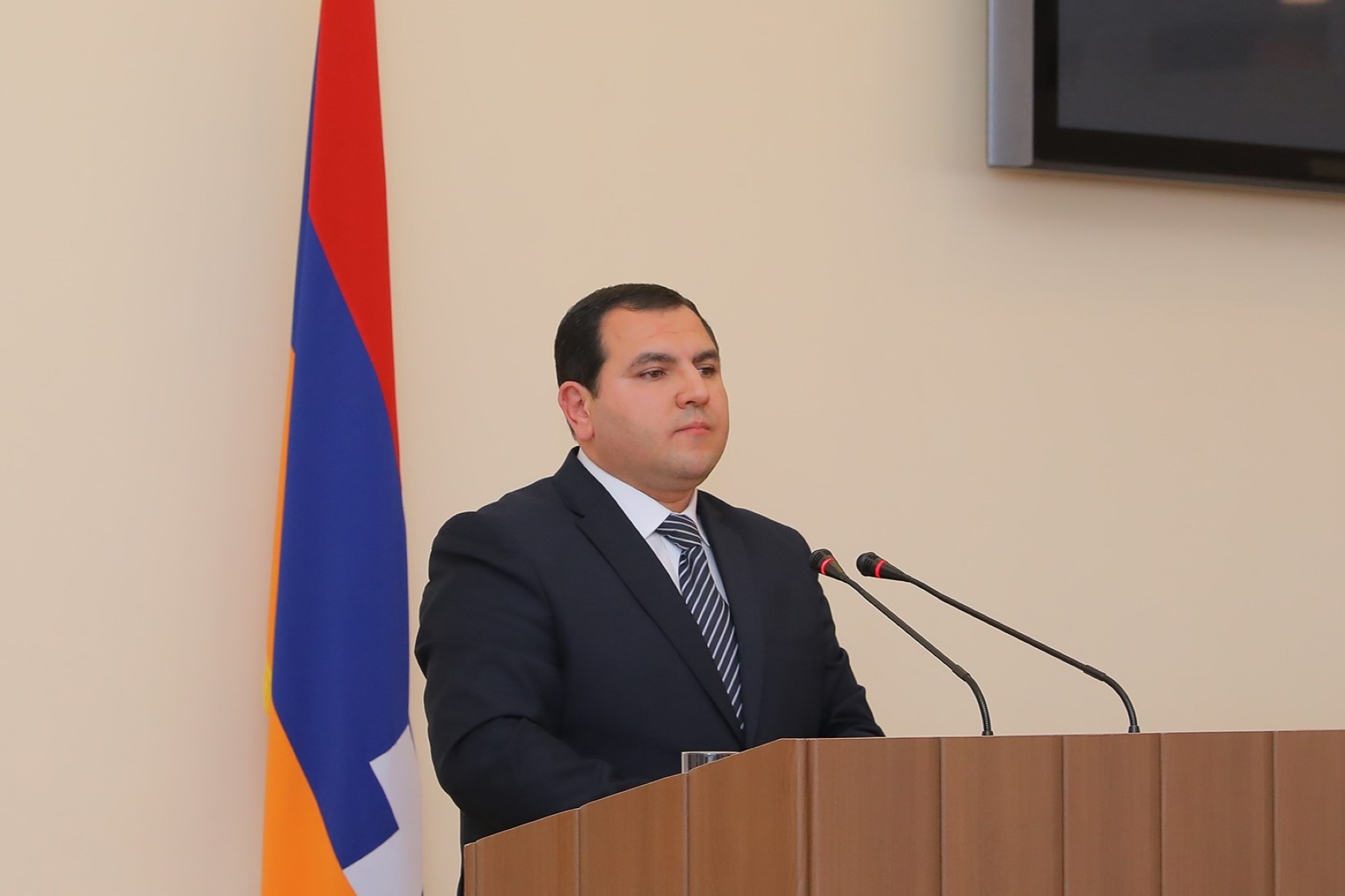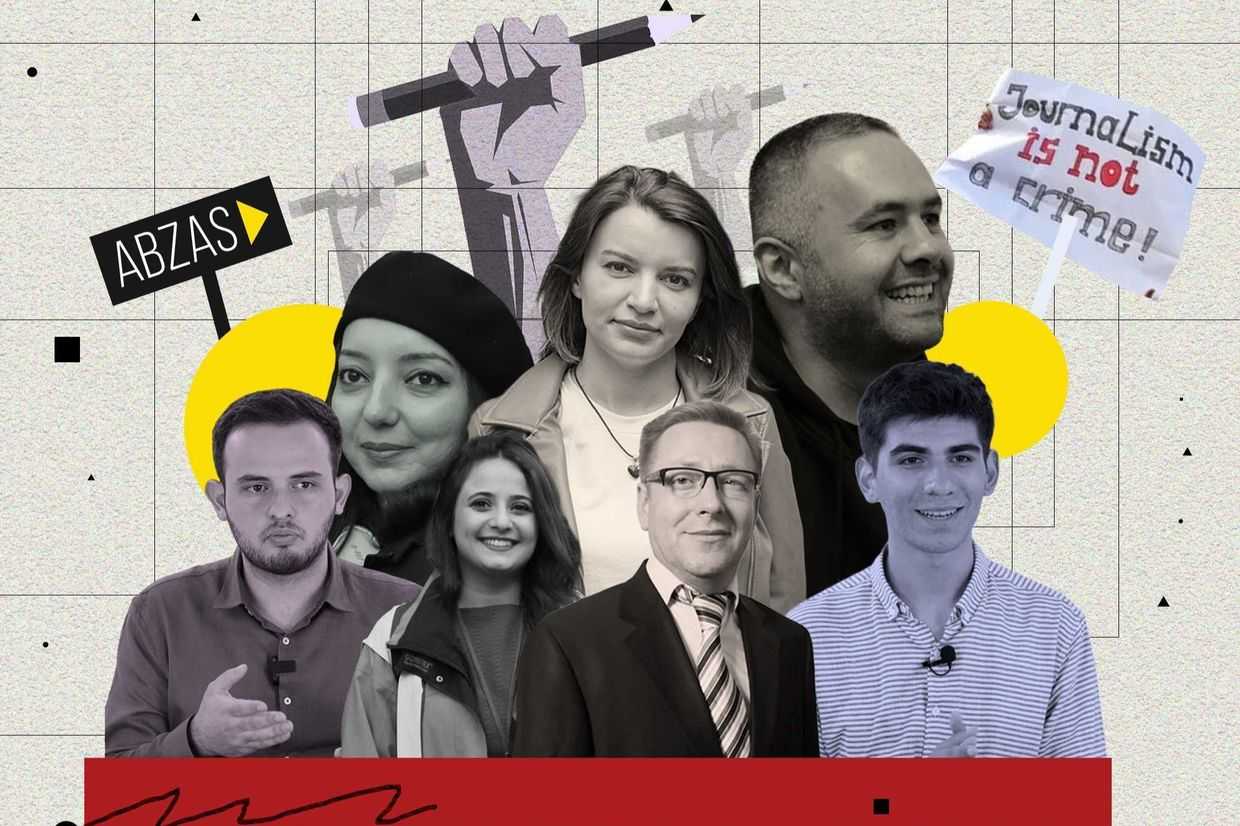
Nagorno-Karabakh’s former Prosecutor General has been appointed State Minister, following the dismissal of billionaire Russian-Armenian Ruben Vardanyan.
Gurgen Nersisyan, who was appointed on Wednesday, had been working in the region’s prosecutor’s office for the past two decades, serving as Prosecutor General since February 2021.
Nersisyan replaced Ruben Vardanyan, who proved controversial from before he was appointed. The Azerbaijani government openly criticised Vardanyan on multiple occasions, and suggested that Azerbaijan would refuse to negotiate while he remained in the position.
The first meeting between the authorities in Nagorno-Karabakh and the Azerbaijani government since the beginning of the blockade in December took place a day after Vardanyan’s dismissal on 22 February.
A second meeting took place in Khojali (Ivanyan) on Wednesday. Representatives of Nagorno-Karabakh met with Azerbaijani MP Ramin Mammadov and Masim Mammadov, the head of a group investigating the alleged ‘illegal exploitation of natural resources’ in Nagorno-Karabakh, at the headquarters of the Russian peacekeepers stationed in the region.
Azerbaijani officials announced that discussions concerned the ‘reintegration’ of Nagorno-Karabakh Armenians into Azerbaijan, while Nagorno-Karabakh stated that they had discussed humanitarian issues ‘in the context of the need for the immediate opening of the Lachin Corridor by Azerbaijan’.
Almost three months since the Lachin Corridor was blocked by Azerbaijanis claiming to be eco-activists, Azerbaijan maintains that the road is not blocked, and that it is not responsible for any obstruction.
[Read more: Opinion | Greenwashing a blockade]
Nagorno-Karabakh’s Foreign Ministry also noted that participants did not discuss the political status of Nagorno-Karabakh, and stated that ‘comments made by the Azerbaijani side do not correspond to reality’.
Toivo Klaar, representative of the European Union on the crisis in the South Caucasus and Georgia, called the meeting in Khojali ‘encouraging’.
‘Good that discussions appear to have focused both on immediate concerns and broader issues’, wrote Klaar.
Ahmad Alili, the director of the Caucasus Center for Political Analysis, a Baku-based independent think tank, told OC Media that Baku’s silence regarding Nersisyan’s appointment could be seen as a ‘positive thing’.
‘After Vardanyan’s departure, the Azerbaijani side has not reacted strongly to the person who has been newly appointed. I think that Azerbaijan will follow the views of the newly appointed person and express their opinion according to the steps he takes’, said Alili.
For ease of reading, we choose not to use qualifiers such as ‘de facto’, ‘unrecognised’, or ‘partially recognised’ when discussing institutions or political positions within Abkhazia, Nagorno-Karabakh, and South Ossetia. This does not imply a position on their status.






